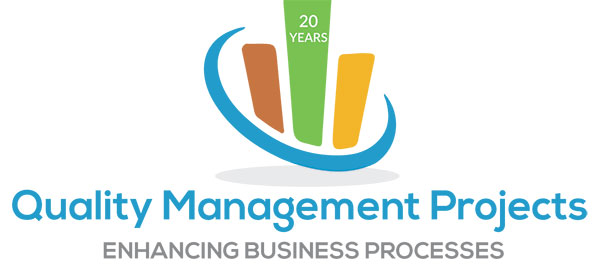Covid 19 has been a challenge for most businesses and people for a number of reasons.
Many people say it has made their business and themselves more resilient, as they have adapted to working from home and looked at other opportunities. However, this is not the case for many. Some businesses have not survived or have taken huge hits in terms of business morale and financial loss.
Some people are close to breaking point and have given up or are about to give up. There will be light at the end of the tunnel, but not everyone will get to see it.
However, there is help and support out there.
This help and support will not always make itself known. Sometimes, we need to speak up and go to others for help.
Family, for example, may be good for some personal problems, but they do not always understand your business and some of the issues you may be dealing with. For this, you may need to talk to someone else. Not always easy, I mean, what do you say?
Do not worry about that, just speak to someone. Ask for help.
As a Quality Management Consultant, I get asked all sorts of questions by some of my clients I have known for a long time. Questions I did not want to hear about relationships, money, and other struggles.
So, why me?
Well, it could have been anyone, couldn’t it?
The truth is they just wanted to talk to someone who would listen. They did not particularly want advice, although they might have wanted an opinion, or just to feel they were not alone with their problem, that someone may have gone through something similar and could understand.
Talking and listening is so easy. We do not have to have counselling or coaching qualifications. All we need is life experience, which we all have.
People are amazing; we all are. Sometimes, we just need a reminder.
As individuals, we experience so much during our lifetimes. Good and bad. There have been times when I have felt down, then I remember, I have survived much worse than this.
In business, from the time we start it up, we have to face certain struggles, and we do. In most cases, we learn from these times and get stronger.
Never think your business or personal problem is unique. It is not. There is always someone who has been there before, or, is going through it, and like you, wants or needs, someone to talk to.
A problem shared
There are organisations and charities out there, all willing to listen. You will probably need to make the first move. Let people or these charities and organisations know you are there.
Talking saves lives
The easiest thing to do, once you allow it to happen, is find someone who will listen.
I will listen.
So, will many others.
Good friends will listen; you may actually learn who your best friends are.
Your family will probably listen, and some may surprise you.
I, like hundreds of thousands of others, fell ill to Covid-19, in January 2021. I was in hospital for 12 weeks. A short time compared to some. I saw some extremely sick people. During the time when I was ill, it was a total of eight weeks before I was working again. It got me thinking. I thought about values, and what is precious, about my marriage and what my wife means to me. I thought about my family, my daughter, my grandchildren, my stepsons and daughters, brothers and sisters, and about my friends, and then my business clients, some of whom are like friends.
I now consider myself very lucky and blessed.
I received a lot of support and get-well messages, a lot of which surprised me. I was, to some extent, surprised by how people felt about me; how much I was loved.
Ok, so that might sound like a strange thing to say, but it is true.
The other fact it brought home to me is how precious life is, how we sometimes fuss over the unimportant or leave the important until another day. Men’s health, for example, in general, we are bad at speaking up, saying how we feel, or going to the doctors. We probably see it as a sign of weakness. More fool us.
How work can get in the way of living, and what we think of as essential often is not.
Some years ago. I took a course in Holistic Stress Management and received the Diploma. It was a fascinating course. I decided to study stress management, as I realised two things in the workplace and probably in life;
- Most stress is avoidable and unnecessary,
- When we look back, it often seems trivial, but it was huge at the time, I learnt the following:
- Never assume,
- To listen
- To talk
- Every person is different
- Make yourself available
- No one has all the answers
- People are amazing
- Happiness is not a place and a single emotion
- Massage is good
- Meditation is good
- Walking is great
- Laughter is fantastic
- Learning is enlightenment
- Love is wonderful
- Food is necessary
- Friendship is a powerful tonic
Not necessarily in that order!


